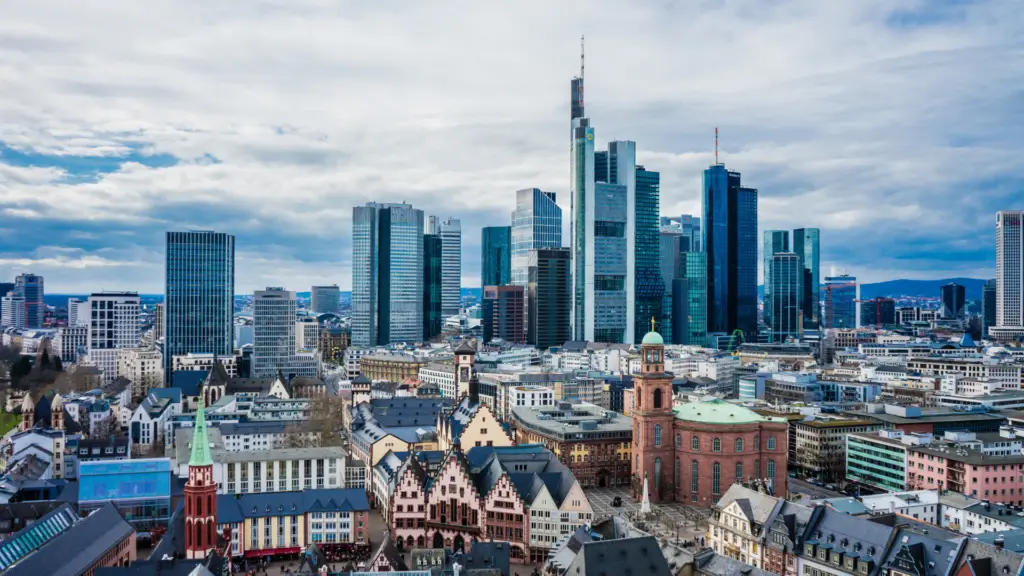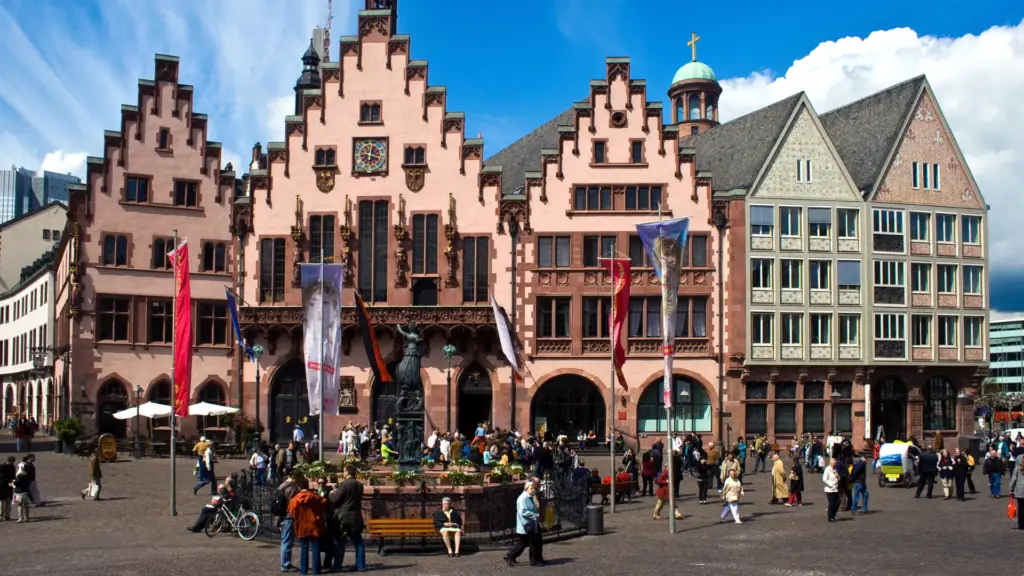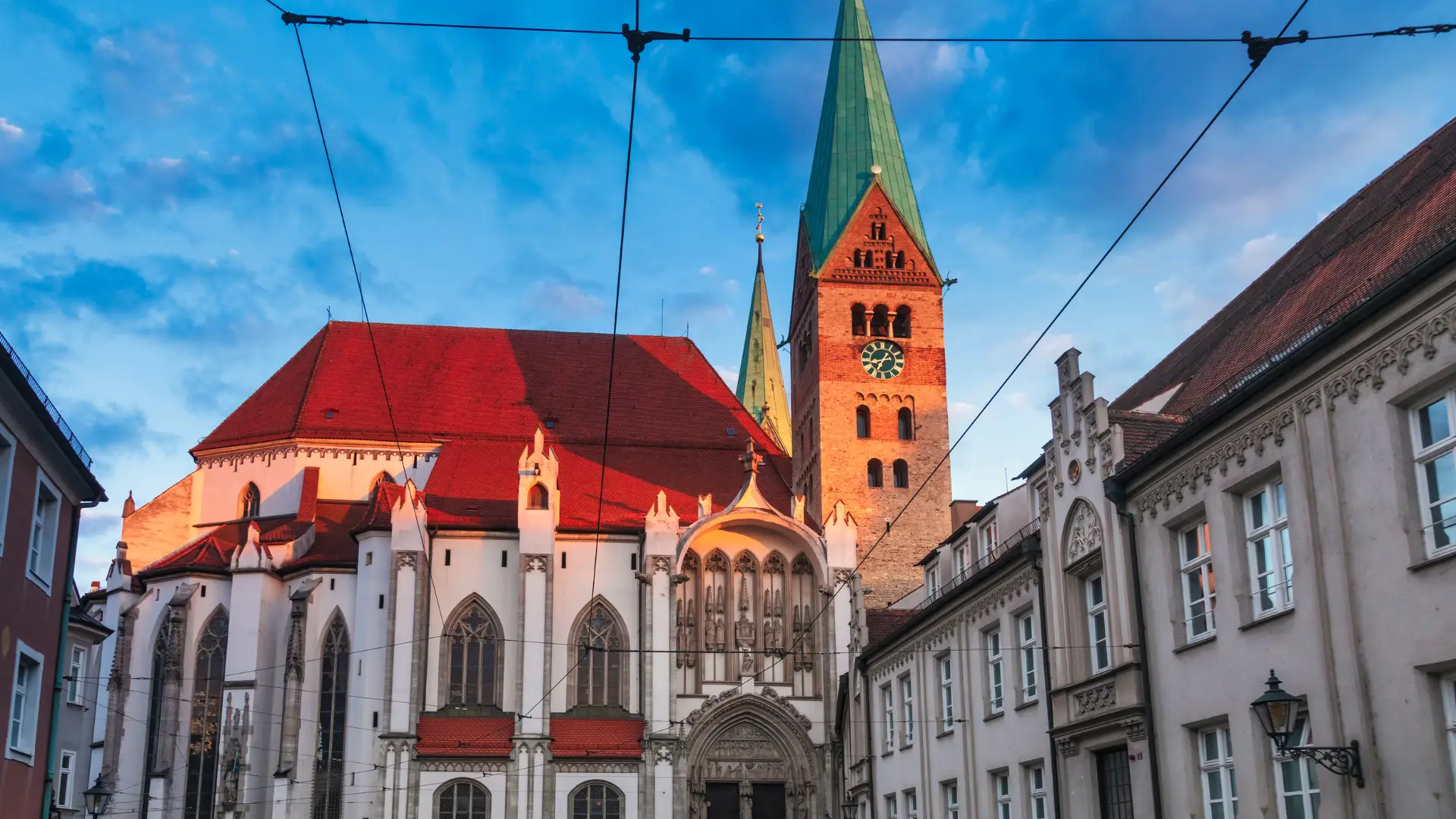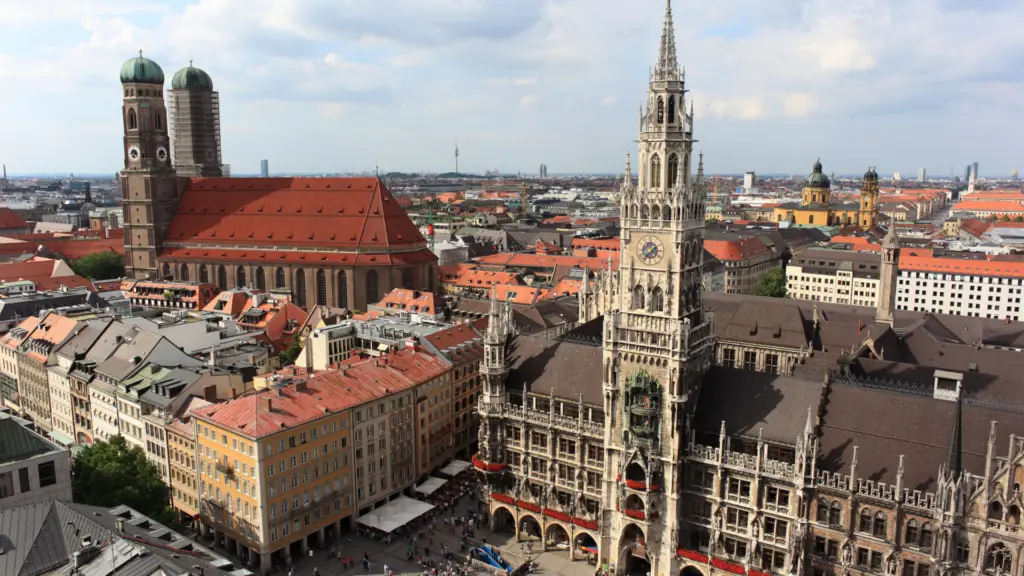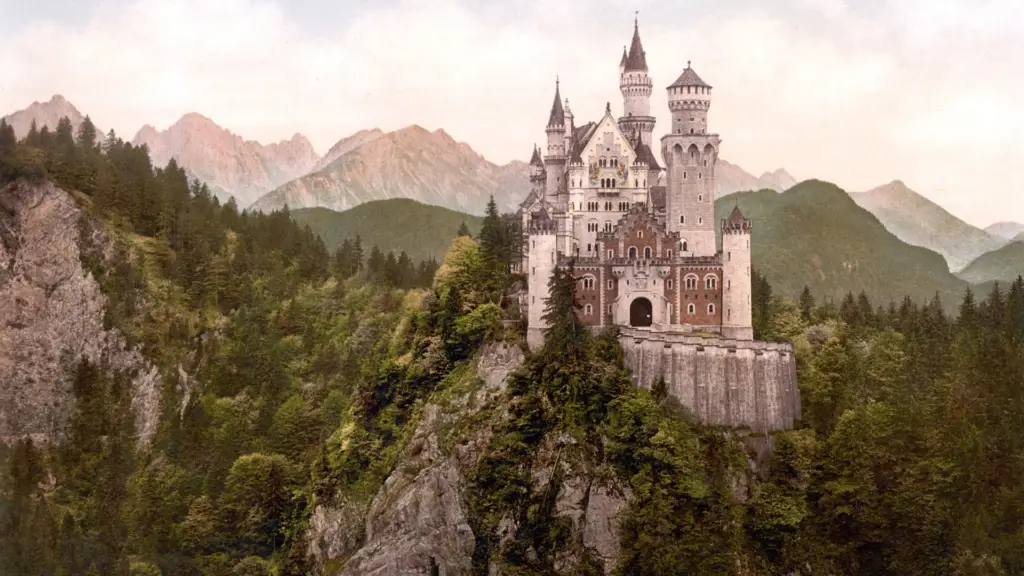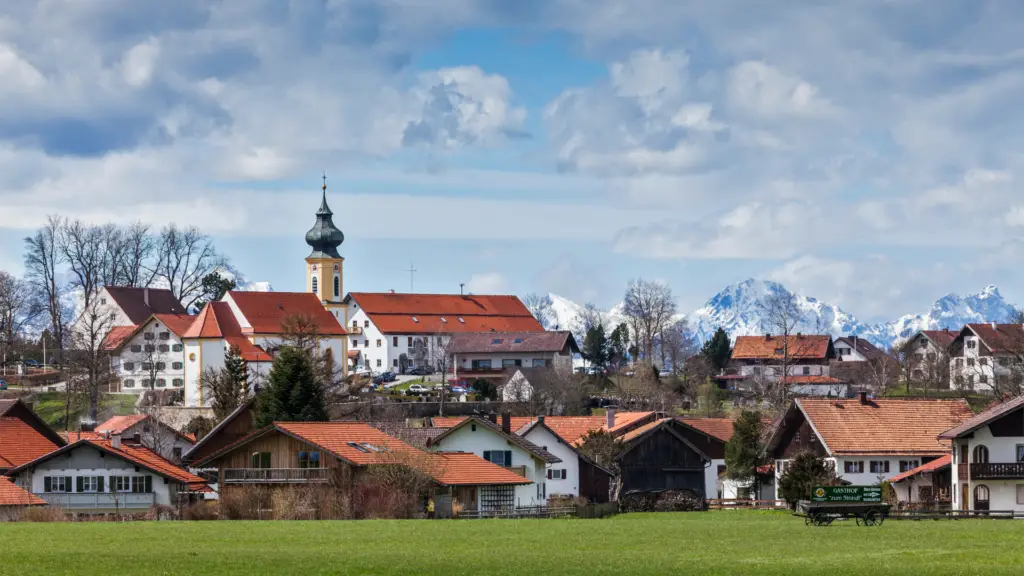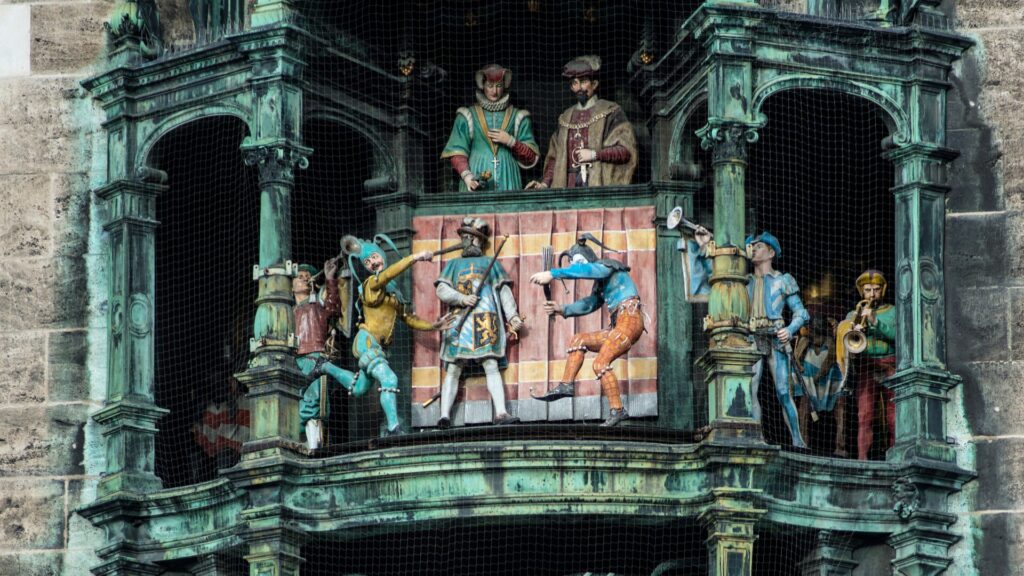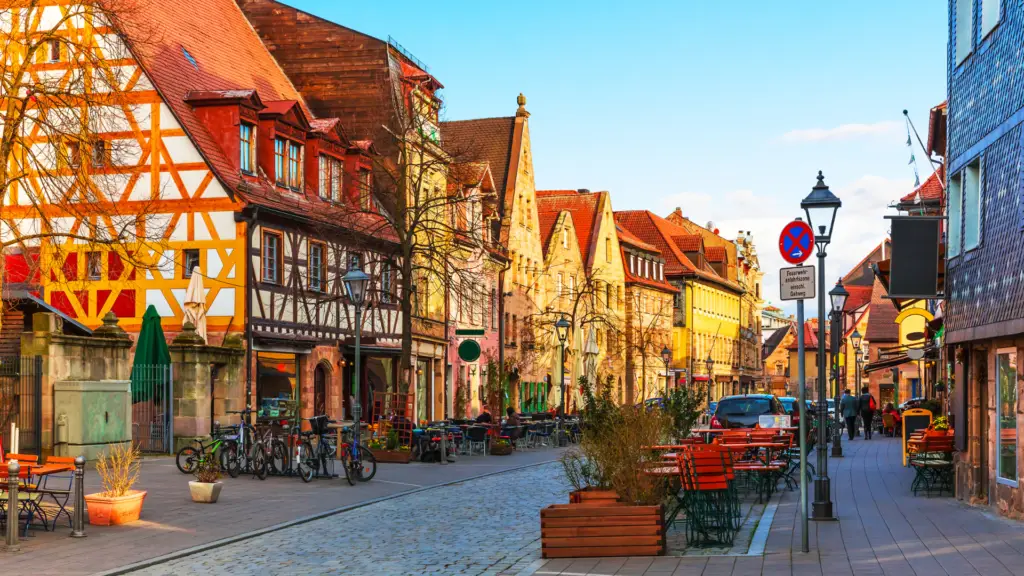
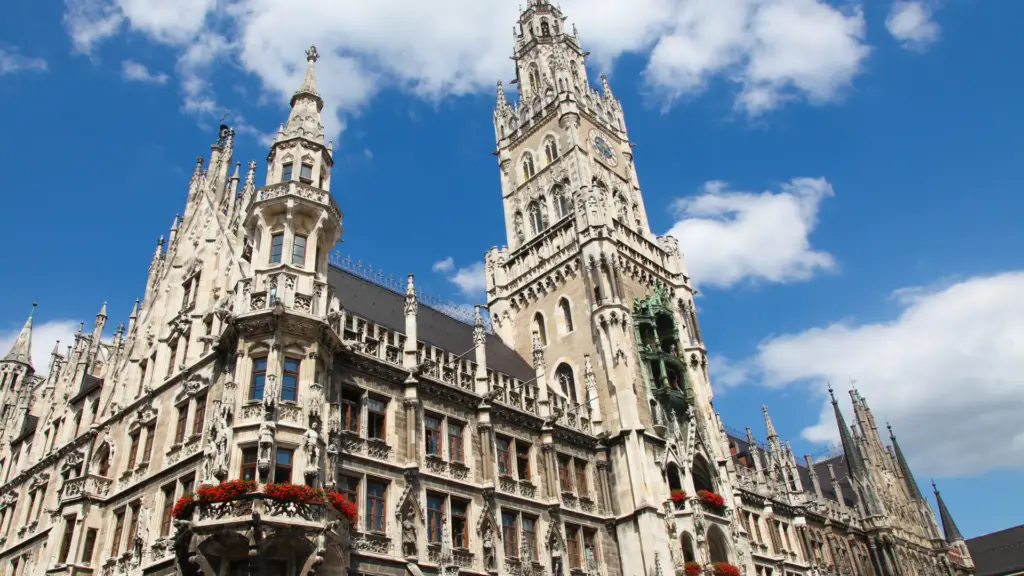
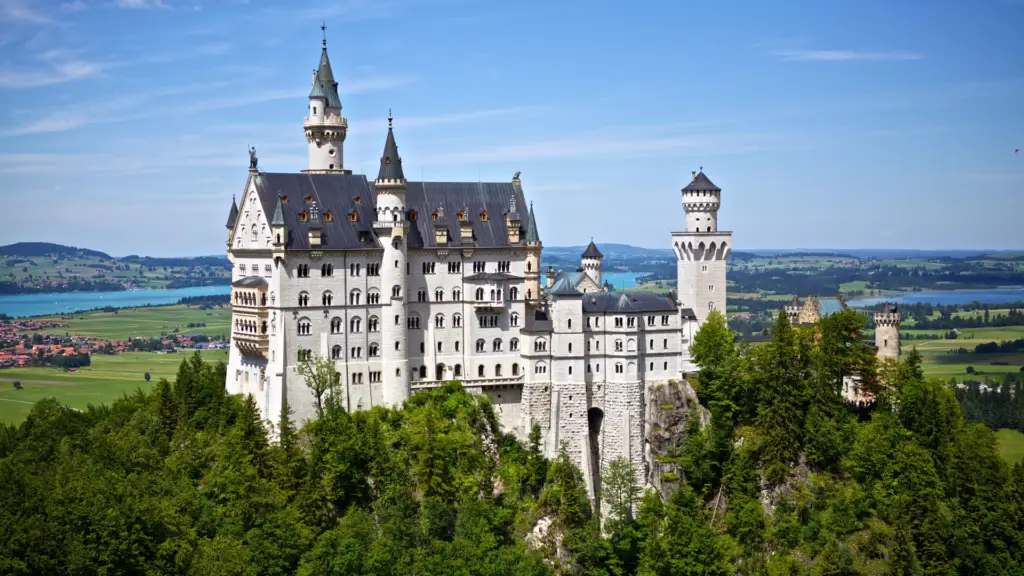
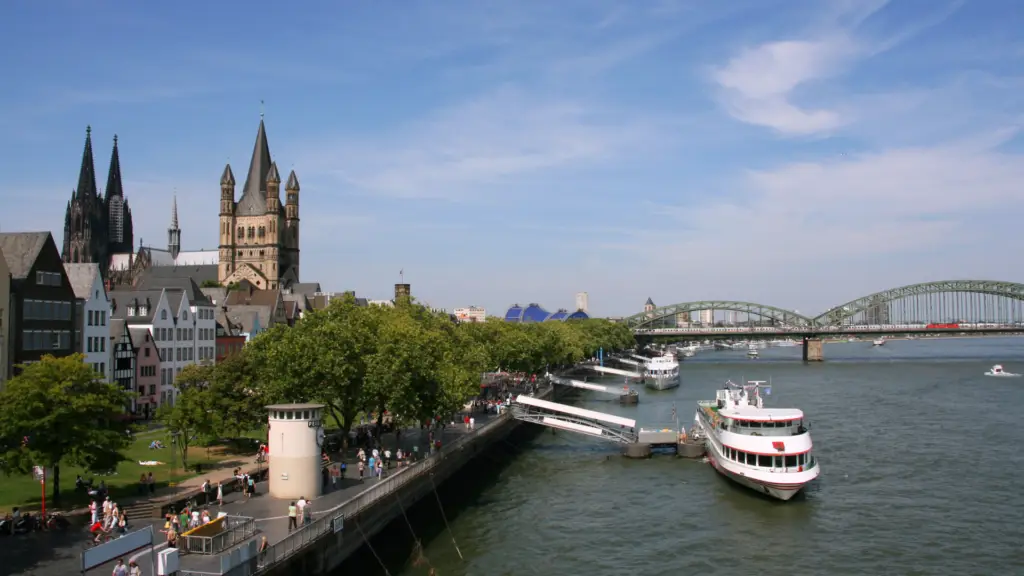
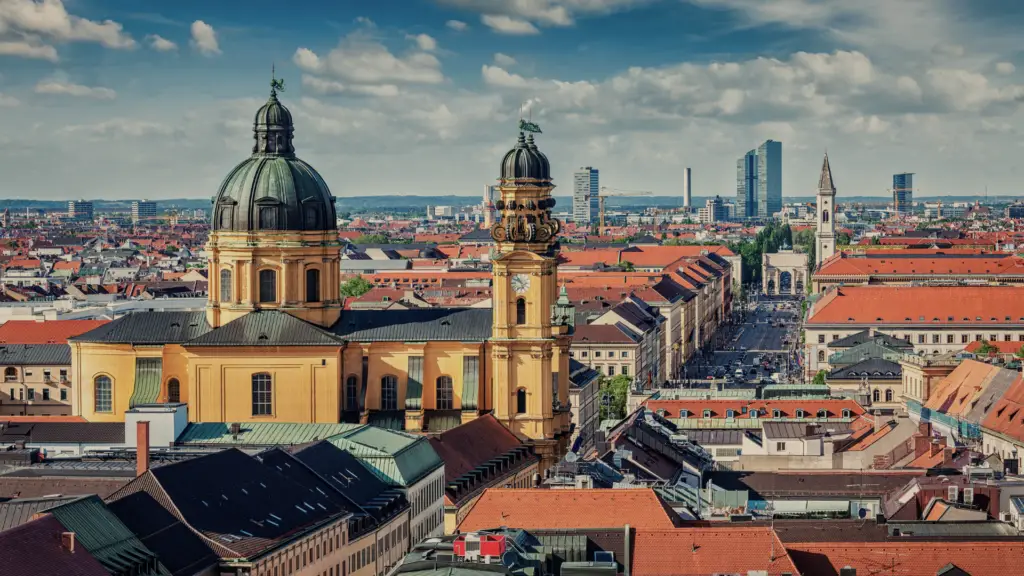
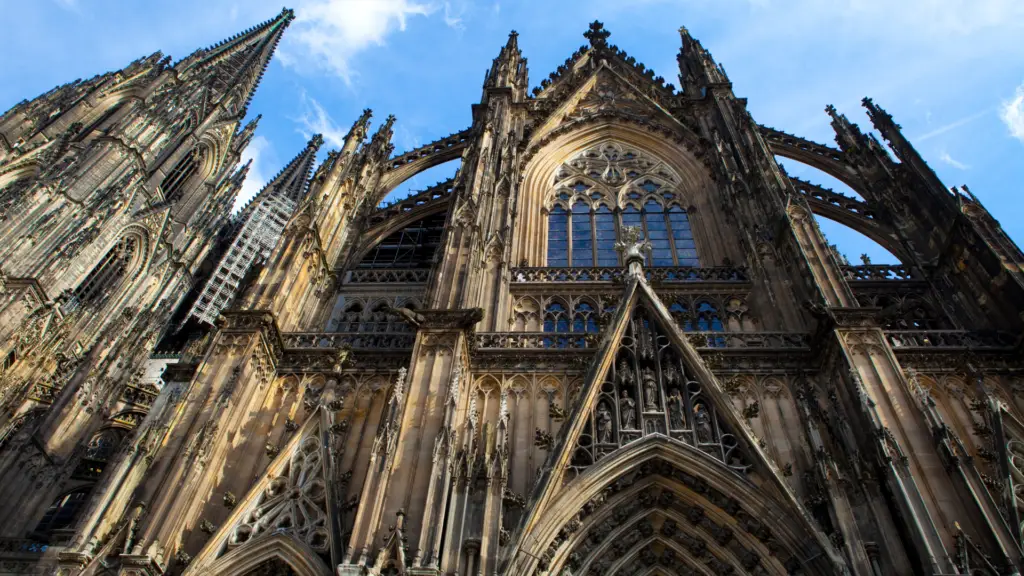
What To Expect In Germany
Germany is a country known for its rich history, modern cities, and scenic landscapes, offering a perfect blend of old-world charm and contemporary innovation. From the historic streets of Berlin and the cultural wonders of Munich to the picturesque countryside of the Bavarian Alps, Germany offers something for every type of traveler. Whether you’re exploring medieval castles, savoring hearty German cuisine, or visiting world-class museums, Germany promises a fulfilling travel experience filled with culture, history, and natural beauty.
Language: The official language of Germany is German, and while many Germans, particularly in major cities and tourist areas, speak English, learning a few basic German phrases will enhance your experience. Phrases like “Guten Tag” (Good day), “Danke” (Thank you), and “Bitte” (Please/You’re welcome) are always appreciated. In smaller towns or rural areas, English may be less common, so having a translation app or phrasebook handy can be helpful. Road signs and public transport information are often available in both German and English in major cities, making navigation easier for international visitors.
Currency: Germany uses the Euro (EUR) as its official currency, and credit and debit cards are widely accepted in cities, hotels, restaurants, and shops. However, it’s a good idea to carry some cash, particularly when visiting smaller towns, local markets, or for smaller purchases, as some establishments prefer cash payments. ATMs are easy to find throughout the country, and withdrawing euros is simple. The exchange rate typically hovers around 1 EUR to 1.1 USD, but it’s recommended to check the current rates before traveling. If you’re using a non-EU bank card, be sure to notify your bank of your travel plans to avoid any issues with international transactions.
Climate: Germany has a temperate seasonal climate, with weather conditions varying by region. Summers are generally warm, and winters can be quite cold, particularly in the northern and eastern parts of the country. Here’s a breakdown of the seasons:
- Summer (June to August): Warm and pleasant, with average temperatures ranging from 68°F to 77°F (20°C to 25°C), making it ideal for outdoor activities, festivals, and exploring cities.
- Autumn (September to November): Mild and colorful, with cooler temperatures and fewer tourists. Autumn is a great time to experience events like Oktoberfest in Munich and to visit Germany’s wine regions.
- Winter (December to February): Cold, with temperatures often dipping below freezing, particularly in the northern and mountainous regions. This is the best time for winter sports in the Bavarian Alps, and cities like Berlin and Cologne come alive with festive Christmas markets.
- Spring (March to May): Mild and fresh, with blooming flowers and warming temperatures. Spring is an ideal time to visit Germany’s cities and countryside, offering fewer crowds and great weather for sightseeing.
